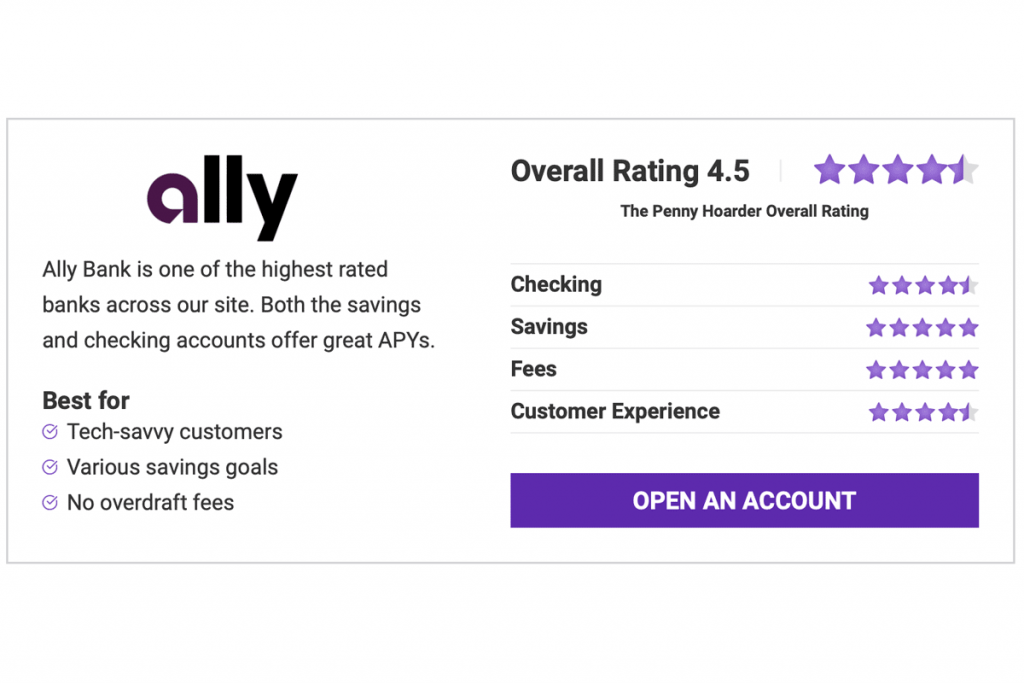Whether it’s the year-end check that makes holiday shopping a little less stressful or feeling more valued at the receipt of a reward for your great performance, a bonus is always a welcome windfall.
Of course, your bonus counts as income. When you earn money, you almost always have to save some of it for Uncle Sam. So how are bonuses taxed, exactly?
How Bonuses Are Taxed
Here’s what the IRS says about how it determines classifications of bonuses and how taxes play a part.
First, What Qualifies as a Bonus?
According to the IRS, bonuses are considered “supplemental income,” a category that also covers other types of income such as commissions, overtime pay, prizes, retroactive pay increases.
Paying taxes on supplemental income can be more complex compared to how your regular wages are taxed, depending on how much of a bonus you earn and the way in which your employer pays it.
How Normal Bonuses Are Taxed
In most cases, a bonus is paid and identified separately from your regular wage by your employer. In that case, your employer can use a couple of different methods to calculate the tax withholding.
These options include:
- Percentage method: This method is fairly simply and is where a flat percentage% of your bonus is withheld: You’ll be taxed at 22% if the bonus is under $1 million. It may also help if you earn enough money to put you in a higher income bracket overall, though it depends on what tax bracket you’re in.
- Aggregate method: Your bonus is added into a regular paycheck and can be more complicated tax-wise. Basically, the withholding for the total check amount is calculated as it normally would be per your income bracket and W-4 information, and then your employer subtracts the amount that would be withheld on a regular paycheck.
For instance, if the bonus was added to your paycheck — you get a check for $4,000 which is a $3,000 bonus on top of your normal $1,000 wages — your employer would calculate the amount you’d be taxed for $4,000 in regular wages. Say that amount was $300, and you normally see $50 of your $1,000 check withheld. In this case, your employer would subtract the $50 from the $300 to get a total withholding of $250.
How Bonuses Over $1 Million Are Taxed
According to the IRS, if you earn more than $1 million in supplemental wages, the first $1 million will be taxed at the regular 22%, and then the remainder will be taxed in your regular income bracket, at 37%. Your employer can’t use the aggregate method.
How Non-Cash Extras and Perks Are Taxed
You might be thinking you’re off the hook if you didn’t receive a cash bonus this year. However, other perks you’ve gotten might be taxable.
These non-cash perks are called fringe benefits and include anything that adds value above your normal rate of pay, including health club memberships, vacations, tuition reimbursement and travel compensation.
These taxable fringe benefits are taxed at their fair market value. For example, if you’re given a vacation package that has a $2,500 value, you’ll be taxed as if you had received a $2,500 bonus.
Tuition reimbursement, however, is a special case. Tuition reimbursement is tax-free up to $5,250. If your employer pays more, the first $5,250 is still tax free, but anything above that amount will be taxed.
Your employer should be keeping track and submitting these extra perks as taxable income, but it’s a good idea to have your own records as you’re ultimately the one responsible when it comes to submitting an accurate tax return.
Why You Could Get Some of That Money Back
Remember, if your employer doesn’t specify that the extra cash is a bonus and lumps it all in with your regular pay, it’ll be taxed at the same rate your regular paycheck would be.
And although the bonus is subject to specific tax rules when it’s paid, it’ll be treated just like any other kind of income. That means you could earn some of your bonus back in the form of a refund. That is, if your tax return shows too much was withheld for your total taxable income level, after accounting for deductions and credits.
No matter how it’s taxed, a bonus is basically free money you may not have expected. You don’t have to worry about your bonus catapulting you into a higher tax bracket, either — even if it does, only the money above that bracket threshold will be taxed at the higher rate.
Jamie Cattanach and Whitney Hansen are veteran personal finance writers and The Penny Hoarder contributors. Sarah Li-Cain contributed to this post.
Credit: Source link














